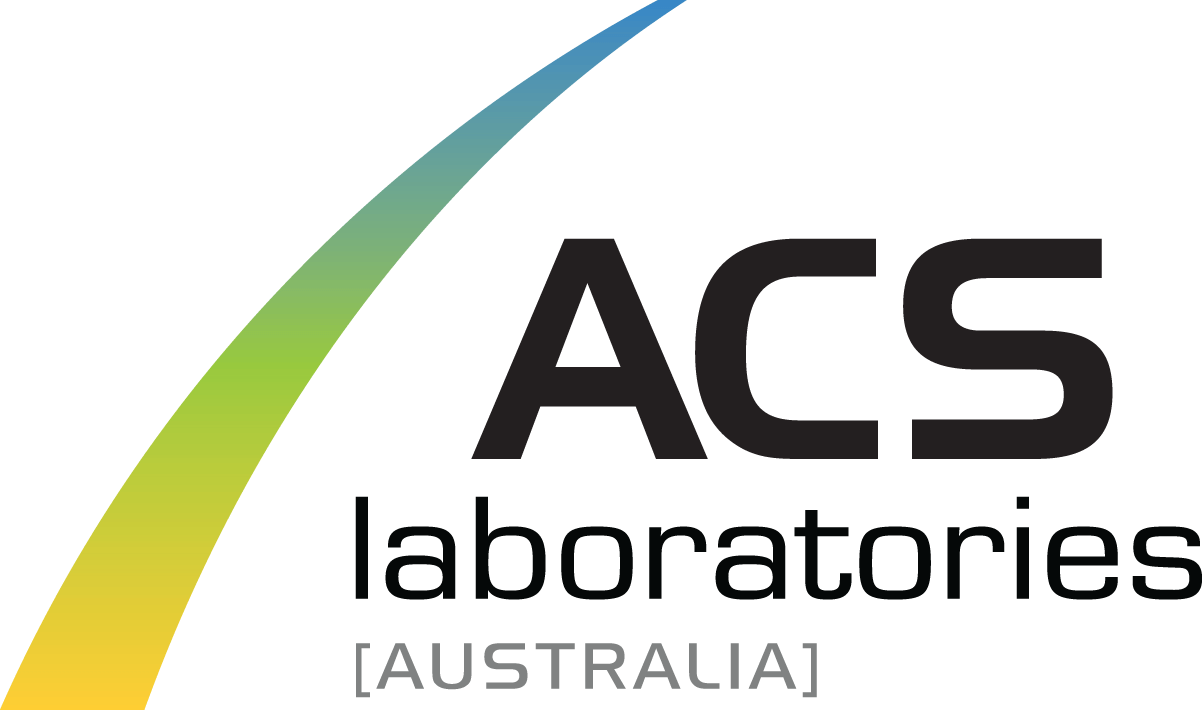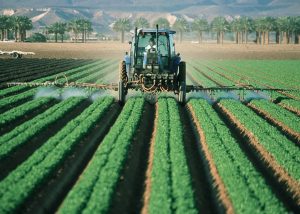In agriculture, pest control is extremely necessary for sufficient yield and profitability. Particularly with crops which can be very sensitive to pest outbreaks. Farmers must make sure they manage pests on their agricultural area. Estimates have suggested that 30% of the world’s food supplies would be lost if the devastation caused by pests was not controlled. Agricultural chemicals are usually the go to method for pest control. Pests can increase the cost of production as well as cause the failure in entire cropping systems.
There are multiple methods of pest control such as:
- Physical (fire, hand-picking, mechanical cultivation)
- Cultural (hygiene, traps, companion crops)
- Biological (parasites or bacteria)
- Quarantine
- Genetic (plants bred to resist pests)
- Agricultural chemicals (insecticides, herbicides, fungicides, rodenticides)
Agricultural chemicals types and uses
Although they are much maligned in popular culture; agricultural chemicals are probably the most effective, and cost effective, pest control method used. It is important that they are used with the utmost care, not overused or misused, so that they don’t cause any unwanted damage to the environment. Responsible agricultural chemical use is a critical aspect of ethical farming practices and ensures the longevity of arable land.
Agricultural chemicals are biologically active and are classified according to their intended target. Herbicides kill unwanted plants/weeds in pasture or non-crop situations. Insecticides kill insects and arachnids – which are unwanted in the agricultural area. Fungicides are agricultural chemicals which protect plants from fungal pathogens. The chemicals usually come in a wide array of formulation types. These include solutions, ultra-low volume, emulsifiable concentrates (ECs), soluble powders (SPs), wettable powders (WPs), suspension concentrates, water dispersible granules, granules, aerosol dispensers, fumigants, water soluble crystals, emulsions (oil in water) and capsule suspensions.
Complying with the APVMA
The Australian Pesticides and Veterinary Medicines Authority (APVMA) is the governing body which regulates the registration agricultural chemical products in Australia. The registration of an agricultural product is subject to rigorous data compilation on products safety, composition, the purity of the active constituent (s), the product specifications, stability data as well as other key details on the product. It is essential to maintain quality control records on the product, to avoid cross contamination with other unwanted impurities. Tainted products can cause great amount of damage, particularly if the crop is not compatible with the impurity, as well as damage to the soil.
We at ACS are the market leader in providing services in the agricultural chemical industry. The includes product analysis and method validations for APVMA registration. ACS is an APVMA approved analyst, and consequently it’s laboratory results are considered in high regard from the APVMA.

